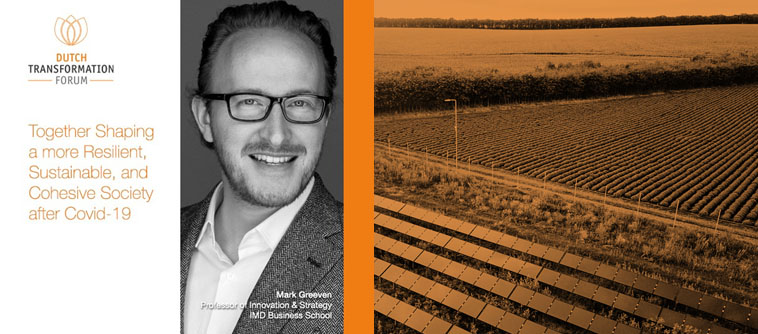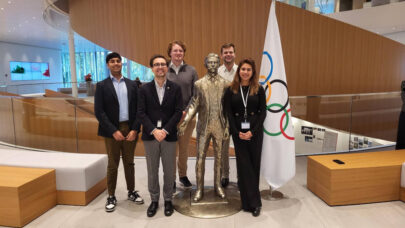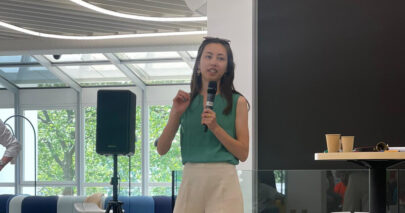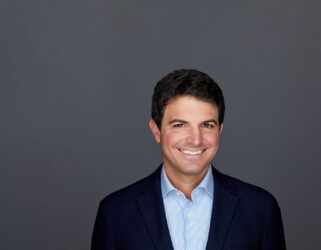
Today’s challenges require an ecosystem of collaboration that adopts a flexible and cooperative approach to leadership and orchestration, depending on the problem and its circumstances, according to experts at the Dutch Transformation Forum 2020.
The COVID-19 pandemic has emphasised the crucial importance of mutual dependence this year, with unilateral policymaking and wrangling about the supply of protective equipment and medicines sometimes overshadowing international efforts to stem the spread of the disease. At the same time, fragilities in the global economy have been revealed due to the disruption to manufacturing supply chains, for example.
“In a world where global collaboration is increasingly under pressure, mutual dependence between countries, companies and organizations is a tense topic,” said Professor Greeven, sesson on the issue at the Forum. “Nonetheless, during the event it became clear that the advantages of building collaborative ecosystems, such as resilience, responsiveness and speed, outweigh the disadvantages.”
The Forum, held virtually on September 28th 2020, focused on how leaders and organisations can drive the transition to a more inclusive and sustainable society, with contributions from Dutch Minister of Economic Affairs and Climate Policy Eric Wiebes, UCL Professor Mariana Mazzucato, former Dutch Deputy Prime Minister Wouter Bos and ASML CEO Peter Wennink.
“We have seen the difficulties of the WHO and EU in playing the orchestrator role this year, and while some argue for more government guidance and intervention, not everyone agrees on who should take the lead,” Greeven said.
“Our discussion came to the conclusion that, indeed, working in ecosystem of collaborations is the right approach. However, there cannot be a singular answer as to whom should orchestrate,” he said.
According to Greeven, the breakout session revealed three key insights into making mutual collaboration work for everyone.
Be flexible
It is important to appreciate that some stakeholders in any given ecosystem are better placed that others to take the lead or orchestrate a response to a challenge. This could also mean enabling different actors to lead at different times or for partners from diverse regions or sectors working together as lead coordinators.
“Deepening public-private partnerships appear to be one step in the right direction,” Greeven said. “The answer to today’s problems, and the coronavirus recovery in particular, is not just a matter of just looking to the government or the EU.”
Strengthen private-public partnerships
Experience from the Netherlands show the power of well-managed public-private partnerships, from the Eindhoven technology cluster involving Philips, ASML and Eindhoven University of Technology to the Food Valley international ecosystem.
“Deepening public-private partnerships appear to be one step in the right direction,” Greeven said. “The answer to today’s problems, and the coronavirus recovery in particular, is not just a matter of just looking to the government or the EU.”
Take stock regularly
Things change, rapidly. It may have made sense for one or more partners to have orchestrated a multistakeholder collaboration at the beginning, but what if circumstances change and require a different focus?
“We cannot assign the duty and responsibility to a single orchestrator without continuous reassessment,” Greeven said. “We need a dynamic and innovative approach as to whom orchestrates each ecosystem of partners.”


